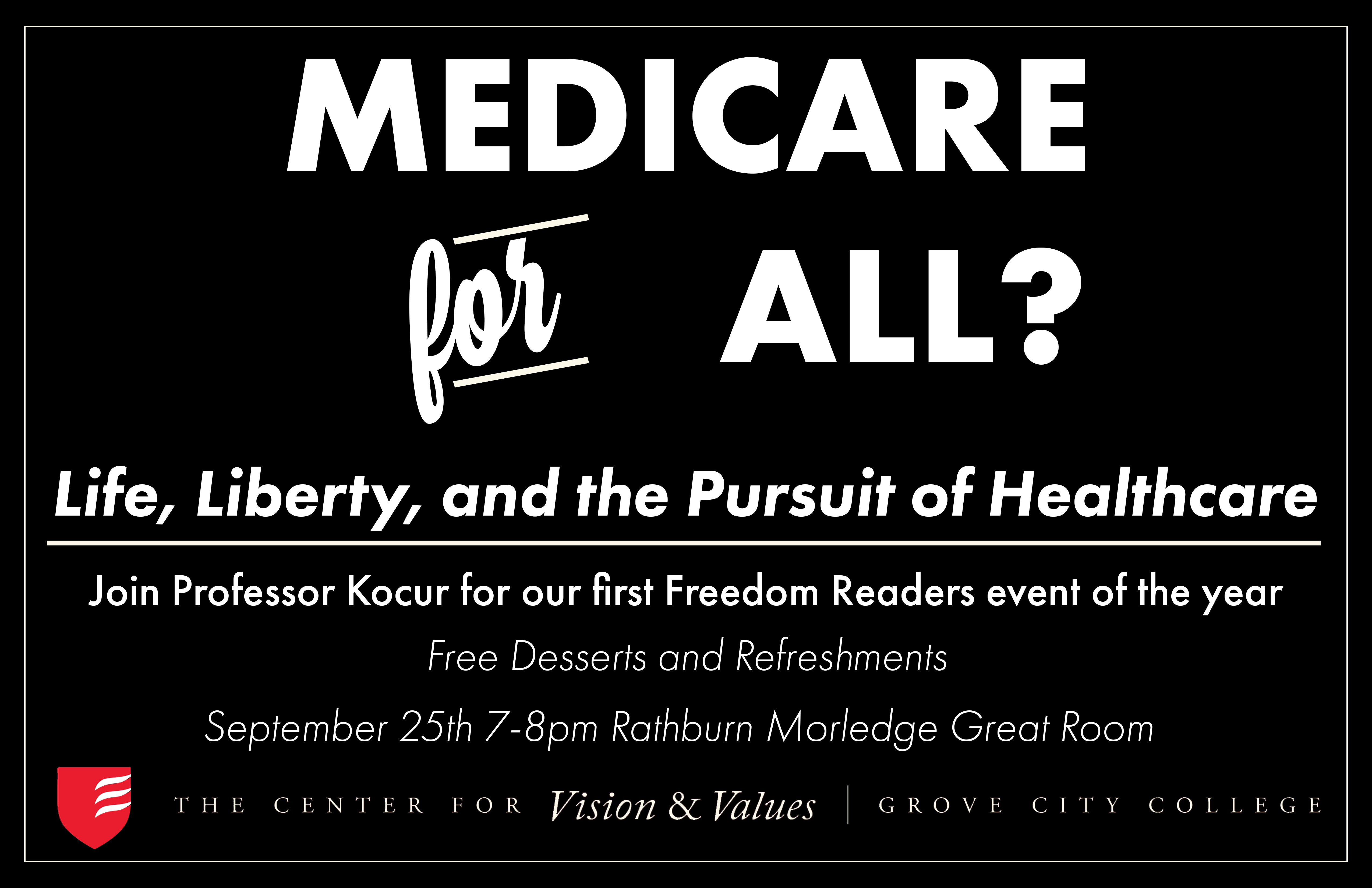Inside the Economics Department
Before coming to college, I had no idea what I wanted to do. I knew I had general interest in the area of business but did not want to commit to administration. My freshmen year, I entered as a Marketing major with little to no idea where I wanted to go. After taking microeconomics my freshmen year, I quickly realized […]
Read more